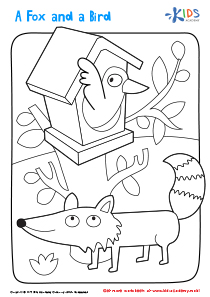Easy Tracing Numbers worksheets activities for Ages 3-5
10 filtered results
-
From - To
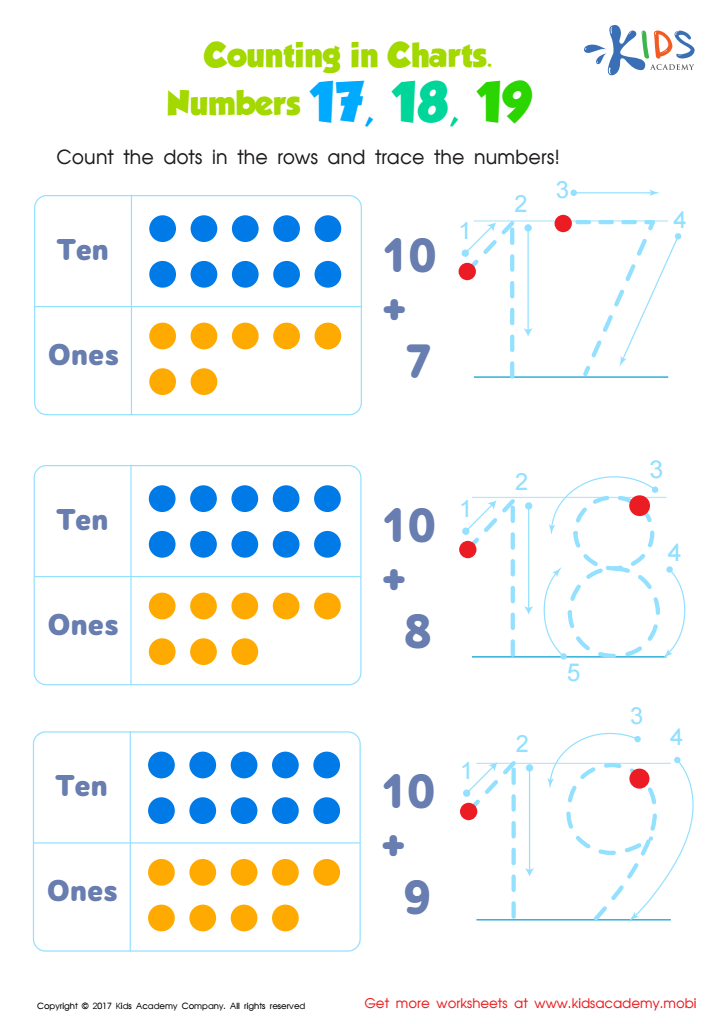

Kindergarten Number Tracing: Counting in Charts Worksheet
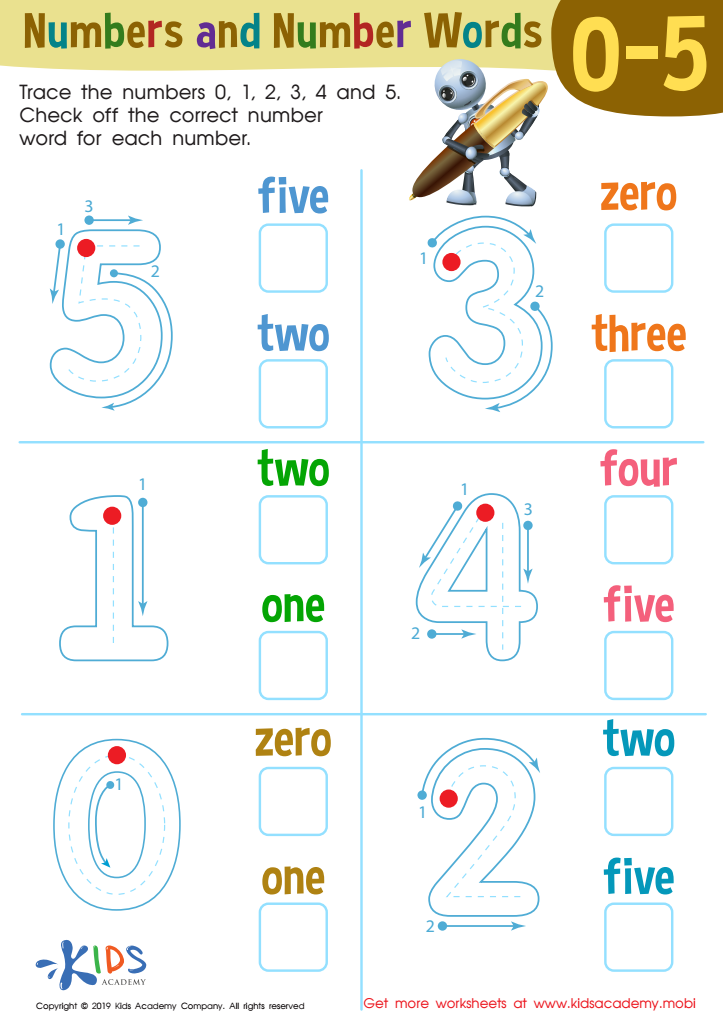

Numbers and Number Words Worksheet
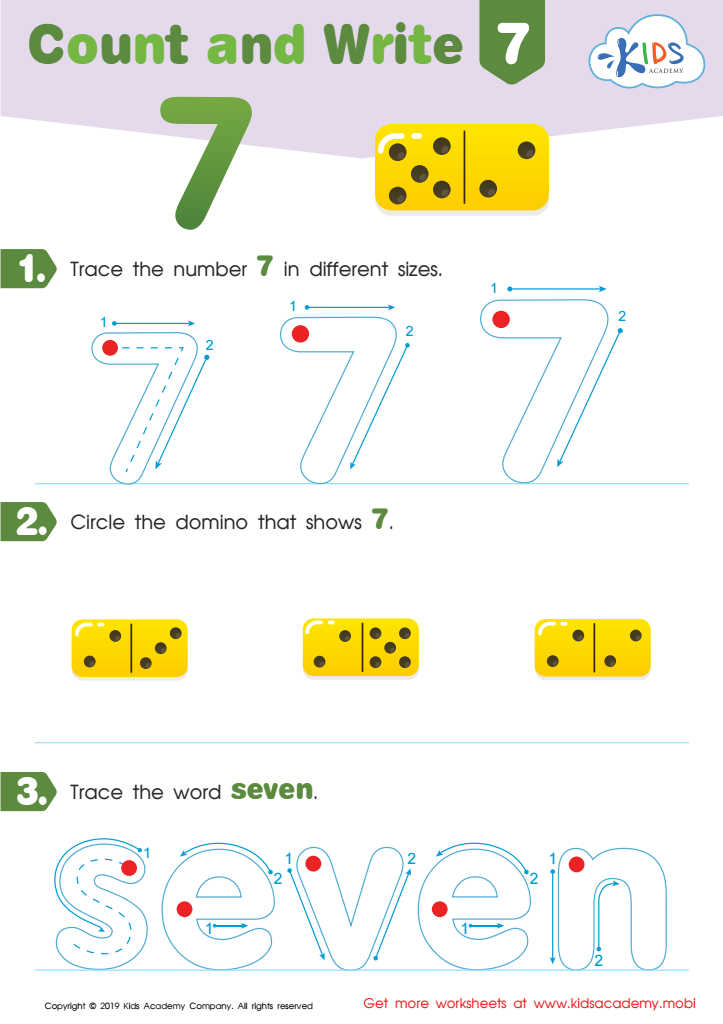

Count and Write 7 Worksheet
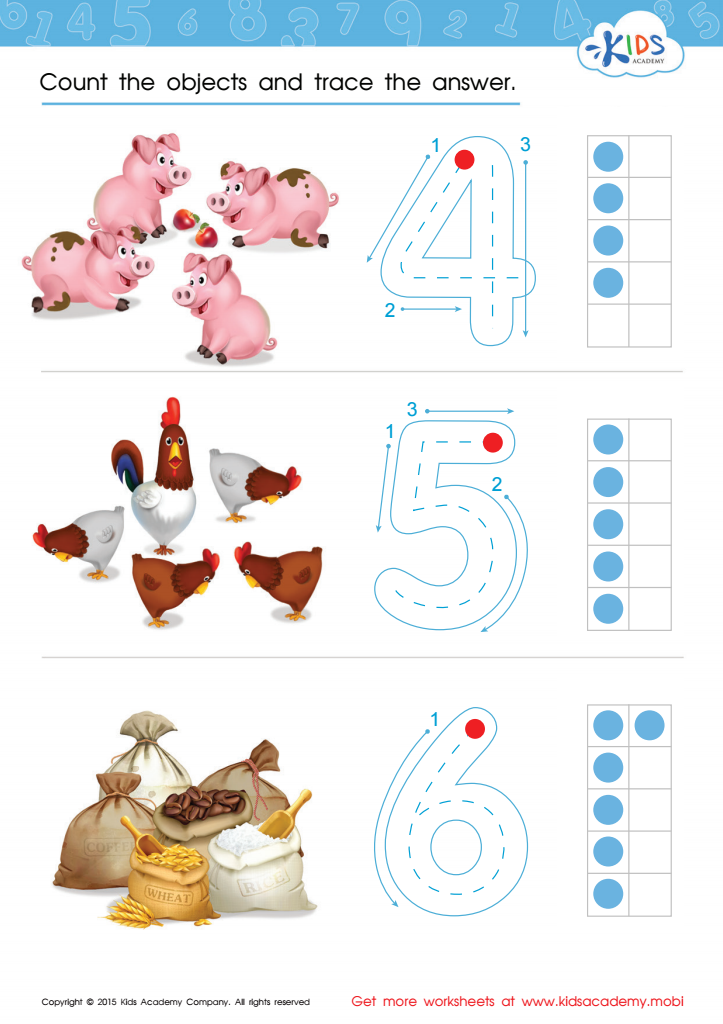

Count and Trace 4 – 6 Worksheet
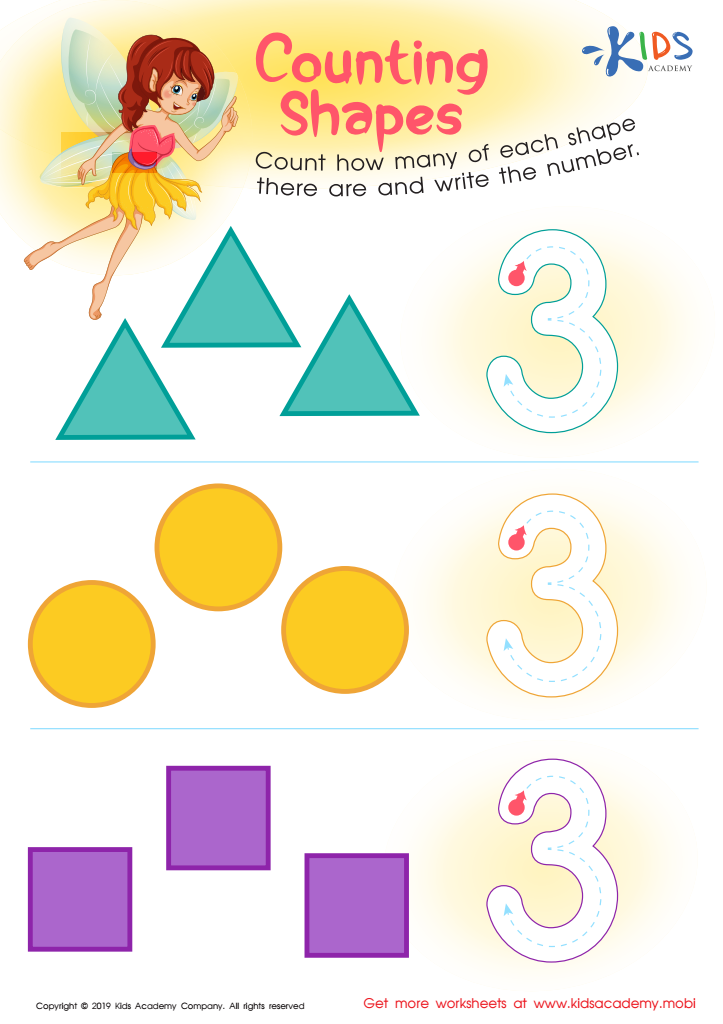

Counting Shapes Worksheet
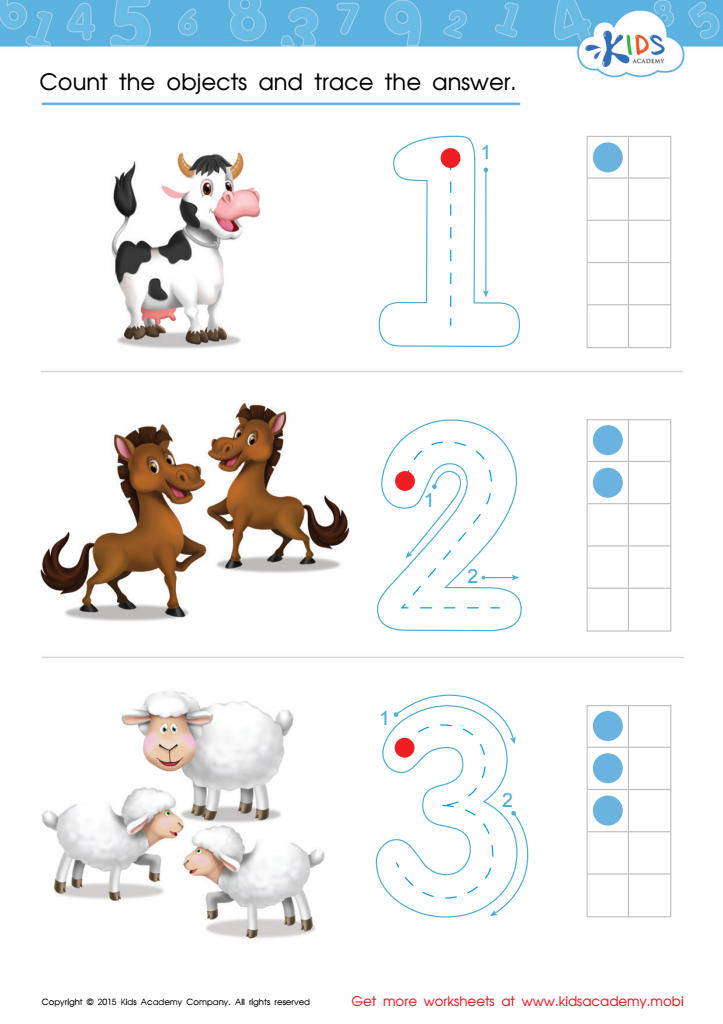

Count and Trace 1 – 3 Worksheet
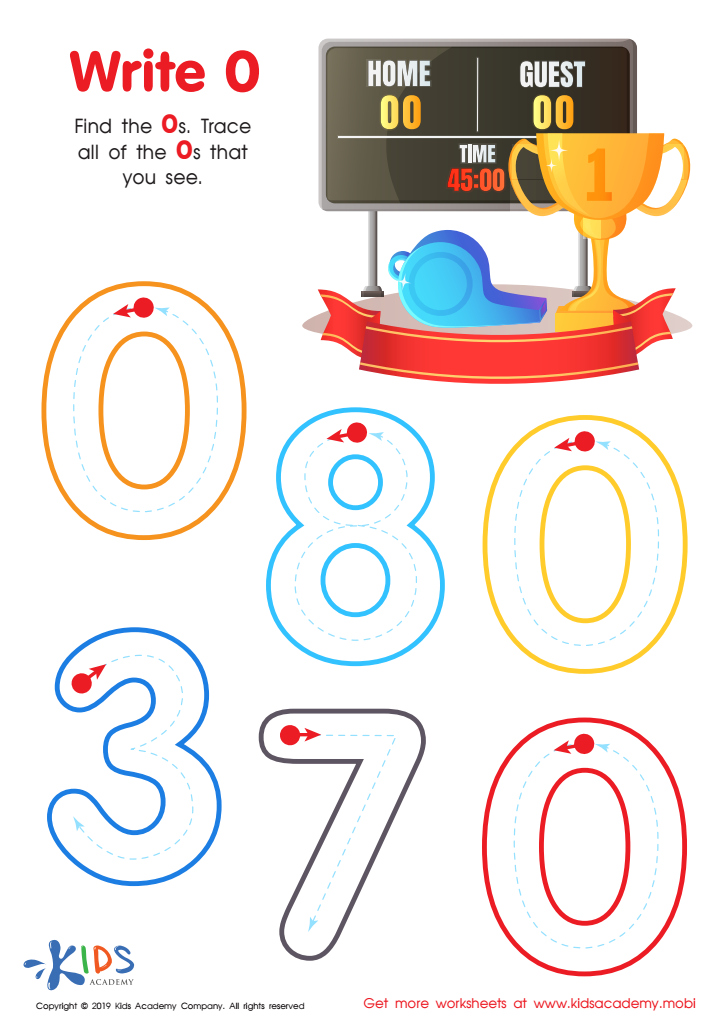

Write 0 Worksheet
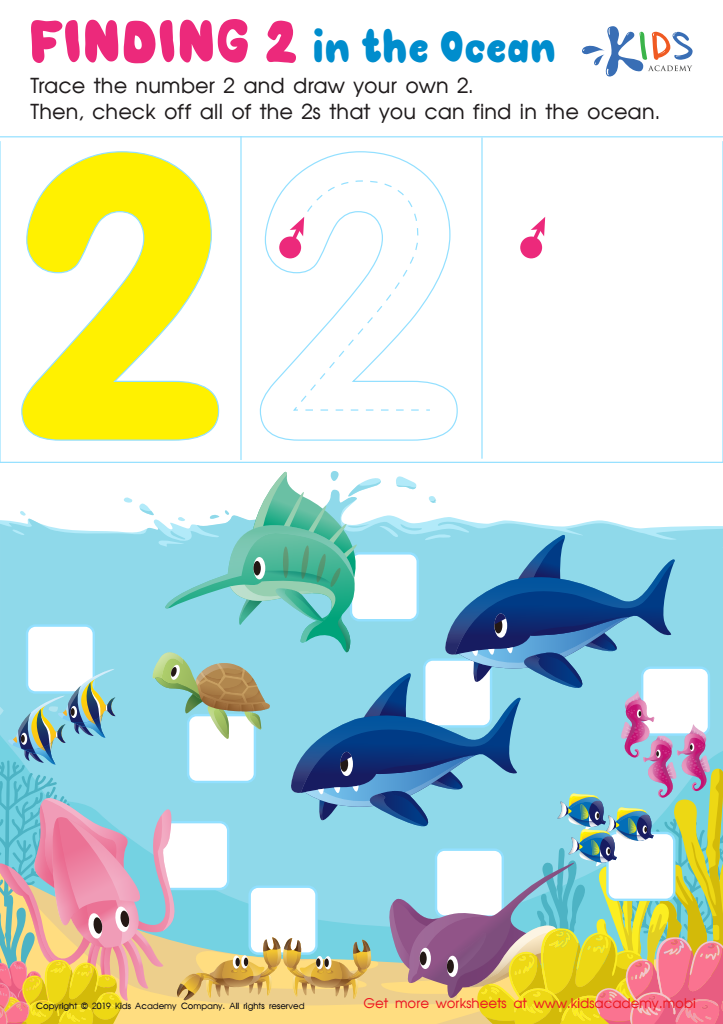

Finding 2: In the Ocean Worksheet
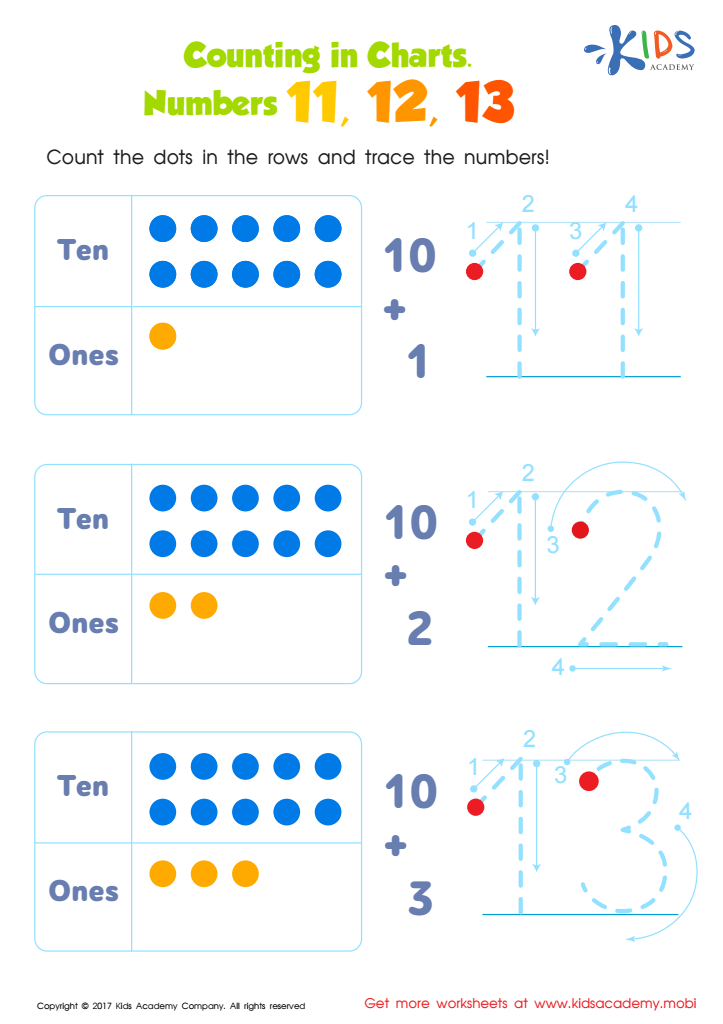

Number Tracing Worksheet For Kindergarten
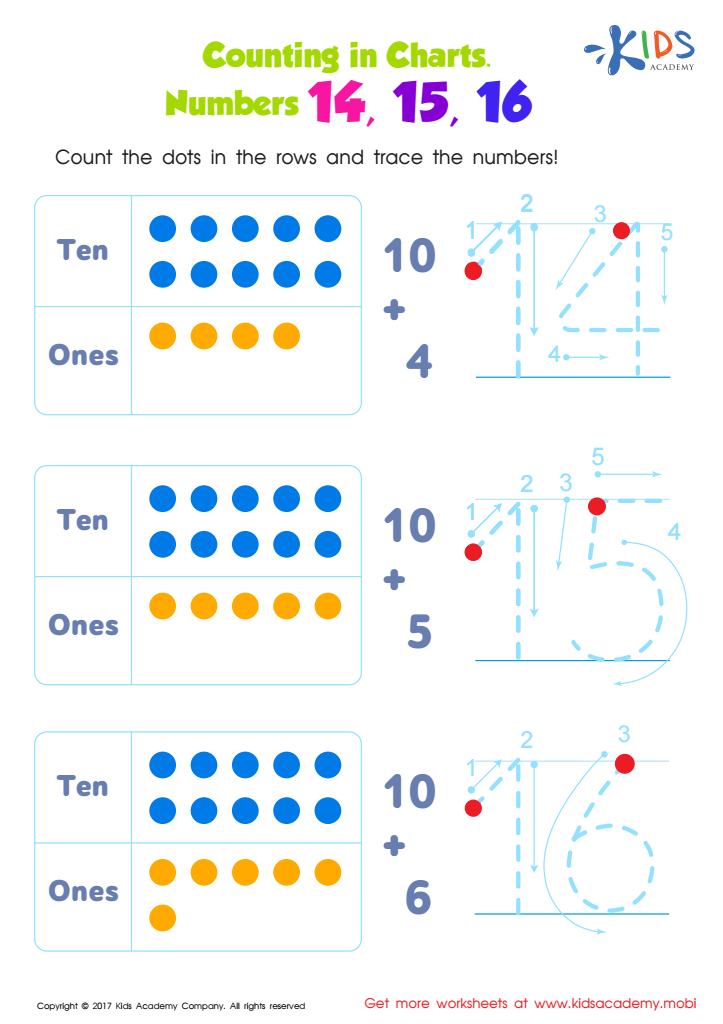

Number Tracing Worksheet
Easy Tracing Numbers worksheets activities are an invaluable tool in the educational journey of young learners. These simple yet effective exercises are crafted to help children develop a firm grasp on the basics of numeracy, an essential skill that forms the foundation for more complex mathematical concepts. But why exactly are these activities so beneficial? Here are a few reasons.
Enhanced Fine Motor Skills: Easy Tracing Numbers worksheets require children to follow the shape of each number with their pencil, thereby improving their hand-eye coordination and fine motor skills. These skills are crucial not only for writing but also for other everyday tasks.
Improved Number Recognition: Through repetitive tracing, children become familiar with the appearance and structure of each number, enhancing their ability to recognize and differentiate between them. This familiarity is a stepping stone toward understanding numerical value and its significance in counting, addition, subtraction, and beyond.
Boosts Confidence: Starting with easy tracing activities helps children build confidence in their abilities. The sense of accomplishment they feel upon successfully tracing numbers can motivate them to take on more challenging tasks, fostering a positive attitude towards learning.
Prepares for Math Success: Easy Tracing Numbers worksheets activities lay the groundwork for future mathematical success. By mastering the basics of number formation, children set themselves up for a smoother transition to more complex math operations and concepts, making their educational journey less daunting.
Promotes Learning Independence: These activities are designed to be straightforward, allowing children to work on them with minimal assistance. This autonomy encourages self-directed learning and helps children develop problem-solving skills as they figure out how to complete each worksheet on their own.
In summary, Easy Tracing Numbers worksheets activities are more than just simple exercises. They are a comprehensive tool that enhances fine motor skills, fosters number recognition, boosts confidence, prepares children for future academic success, and promotes independent learning. Incorporating these activities into a child's learning routine can significantly contribute to their overall development and mastery of mathematics.
 Assign to the classroom
Assign to the classroom








